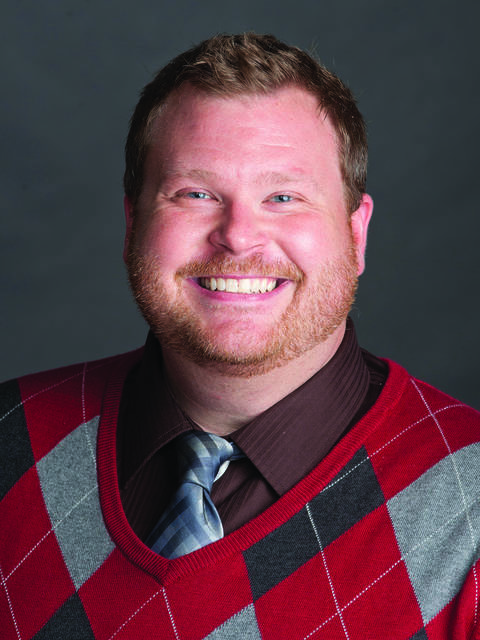Gain the knowledge and tools to better support transgender youth and the challenges they face. This program explores identity development, social and legal challenges, and strategies to foster inclusion and belonging.
| Next Session | April 2, 2026 – April 3, 2026 |
|---|---|
| Schedule | This program meets from 8:30 a.m. to 12:30 p.m. on Zoom. |
| Related Program |
Learn what it means to truly be inclusive and understanding
According to the Williams Institute, the leading research center on sexual orientation and gender identity law and public policy, there are 1.6 million people 13 and older who identify as transgender in the U.S. Mass media has played a key role in raising awareness of transgender people; although, the same media can propagate confusion and misunderstanding. There remains much to learn about the realities of trans lives and the challenges they face. How can we best support and understand the needs of people who are transgender?
In this program, we will define, explore, and provide ample space for questions about what it is like to grow up transgender, while navigating life in the U.S. This thorough, informative, and highly interactive workshop will examine:
- The difference between sex and gender, from both a biological and cultural standpoint
- The transgender legal landscape–current and future challenges–and the implications for families, friends, and agencies charged with providing care
- The experiences/challenges of supporting transgender people of various ages (prepubertal youth/adolescence/young adulthood)
- The role of human services, health care, and education professionals in caring/advocating for the transgender community, while navigating a variety of family dynamics
- Available networks of support and resources to better navigate an increasingly complex landscape

Who should attend
Human service and healthcare professionals, counselors, social workers, educators, guidance counselors, school psychologists, and anyone interested in learning more about the transgender community.
Instructors
-

Dr. Christopher Jorgenson (he/him/his) has worked in various capacities at UW-Eau Claire throughout the last 16 years, helping to strategize and implement policies and programs serving marginalized student populations. Under his leadership, UW-Eau Claire has been ranked #3 nationally and for several years has been ranked #1 statewide for LGBTQIA+ inclusion and student experience. He has chaired multiple committees, and regularly teaches in the College of Business, Honor’s, Academic Success, and the department of Race, Ethnicity, Gender, and Sexuality Studies. He collaborates with campus and community partners to educate and advocate, developing numerous programs that meet the needs of the greater Chippewa Valley and surrounding region. Jorgenson's approach to social justice advocacy prioritizes critical self-reflection, embracing discomfort, and developing cultural humility. He often emphasizes the importance of balance, carving out opportunities to celebrate communities whose identities are too often denigrated and marginalized. Dr. Jorgenson received his Ed.D. in Student Affairs Administration and Leadership, with a focus on underrepresented student populations within higher education, and regularly travels throughout the United States to speak on issues of queerness, power, oppression, privilege, and intersectionality.